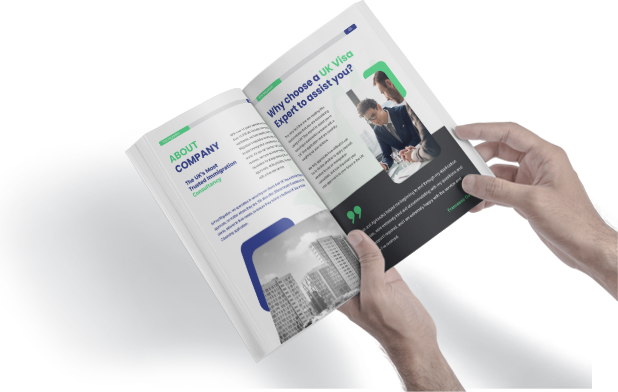UK Business Visas
- Secondment Worker
- Senior or Specialist Worker
- Service Supplier
- Youth Mobility Scheme
- Health & Care Worker
- Health and Care Worker Dependant
- International Sportsperson
- International Sportsperson Dependant
- Business Visitor
- Sponsor Licence
- Skilled Worker
- Skilled Worker Dependant
- Expansion Worker
- Global Mobility Business
- High Potential Individual
- High Potential Individual Dependent

















